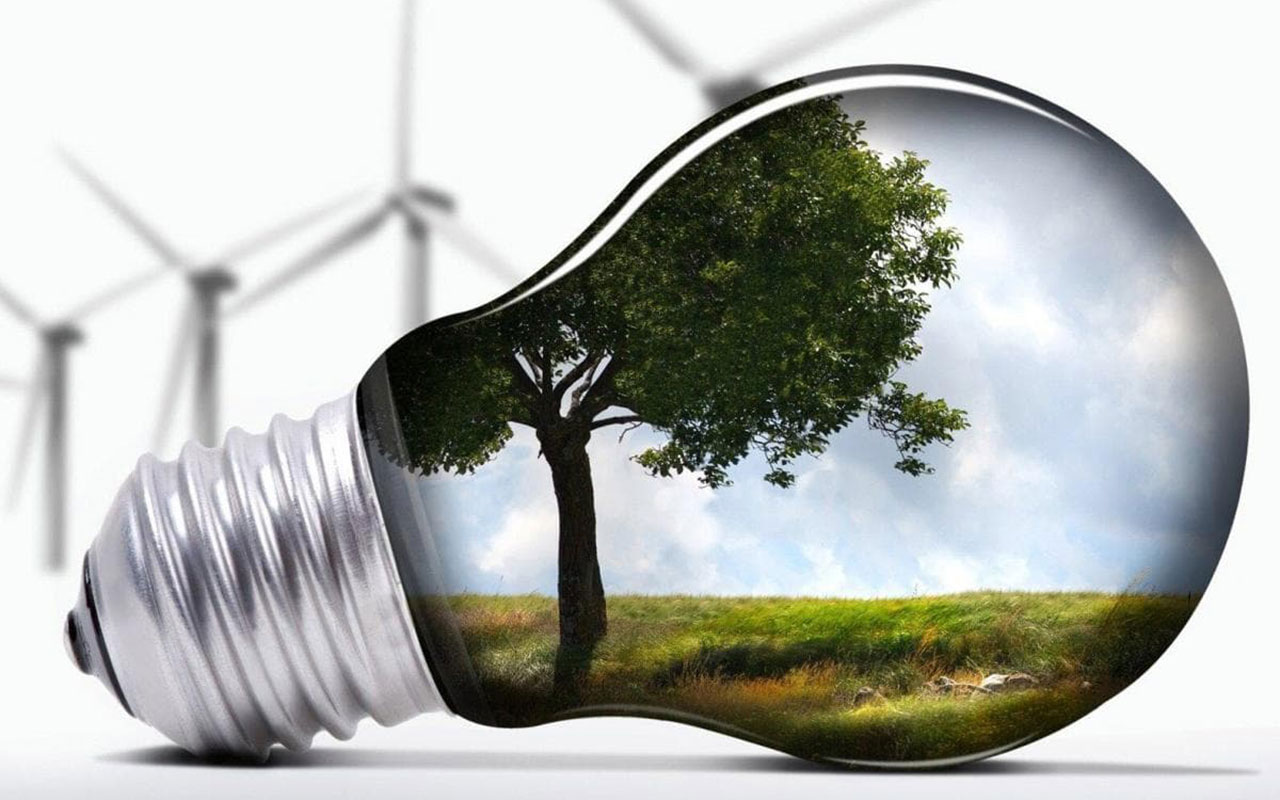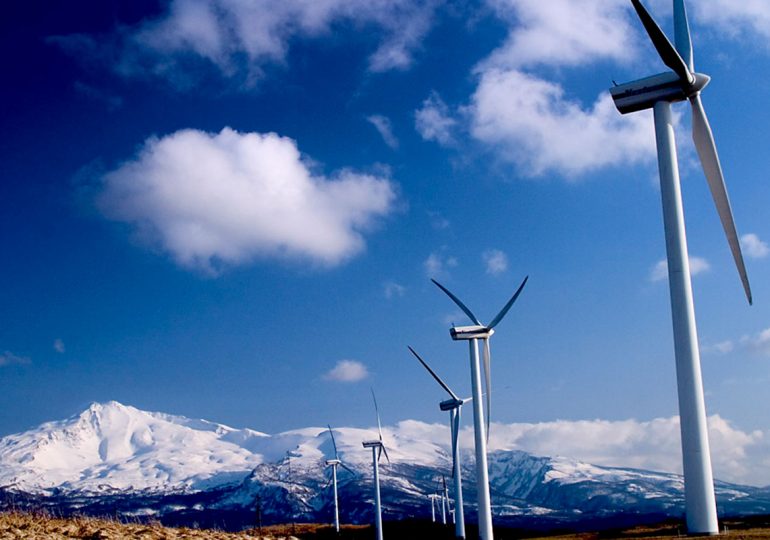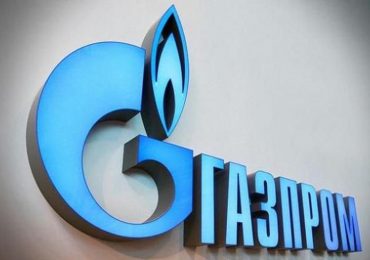How the prospect of alternative energy will affect the geopolitical situation
If earlier hydrocarbons were almost the only source of energy, today the prospect of alternative energy changes the world. Previously, there were long and bloody wars for oil and gas, in order to establish its sphere of influence in a country with large reserves. In the future, with the spread of green technologies, this practice will stop. The International Renewable Sources Agency (IRENA) notes that the abandonment of traditional fuel will significantly increase the energy independence of states.
Prospects of alternative energy: who is on velvet?
Green technologies make it possible to produce electricity in virtually unlimited quantities. Due to this, dozens of states in the near future can protect the economy from the risks associated with changes in the cost of hydrocarbons. Moreover, the importance of the so-called “oil corridors”, which include the Straits of Hormuz and Malacca, will also decrease.
The wide range of applications and the decentralization of solar and wind power will play a crucial role in the establishment of democracy in the world. Free access to electricity will significantly increase the capacity of peoples. At the same time, the energy produced from alternative sources will be cheaper than in traditional production.
However, do not entertain the hopes of a quick and simple transition. In addition to the need to select a location for the installation of wind turbines and panels, their installation and connection to networks, we must not forget about other factors. For example, special metals are required for the production of devices. For example, the production of batteries requires a large amount of cobalt. 60% of the deposits are in the Democratic Republic of the Congo. The increase in demand for the material has caused a number of problems in the state. The social sphere and the ecological situation were particularly affected by the troubles.
In addition, the active transition to green technologies calls into question the prospects of OPEC members. IRENA report contains a matrix showing the vulnerability of different countries. Saudi Arabia, Kuwait, the UAE, Libya, Qatar and Angola have the worst situation. The development of the industry will also hit Azerbaijan, Russia, Algeria and Iran.

An important problem is that oil-producing states are in no hurry to get rid of oil dependence. For example, Saudi Arabia developed Vision 2030 program, which aims to develop new areas for the economy. However, it seems that the plans will not come true. Instead of transformation, Riyadh continues to increase hydrocarbon production. However, the Saudis recognize that the era of “dirty fuel” is at its peak, and the future is in green technology. Therefore, such investments are justified by the desire to produce cheap oil and get the latest profit, while it is still possible.
The best positions according to IRENA are taken by the USA, EU, Japan and China. Despite the fact that the United States remains the leader in global hydrocarbon production, the Renewable Sources Agency sees good prospects. The country makes large investments in alternative energy, already has technologies and gradually introduces them. In addition, IRENA believes that Iceland has a great future. 100% of the needs of the state are met by hydroelectric and geothermal power plants.






